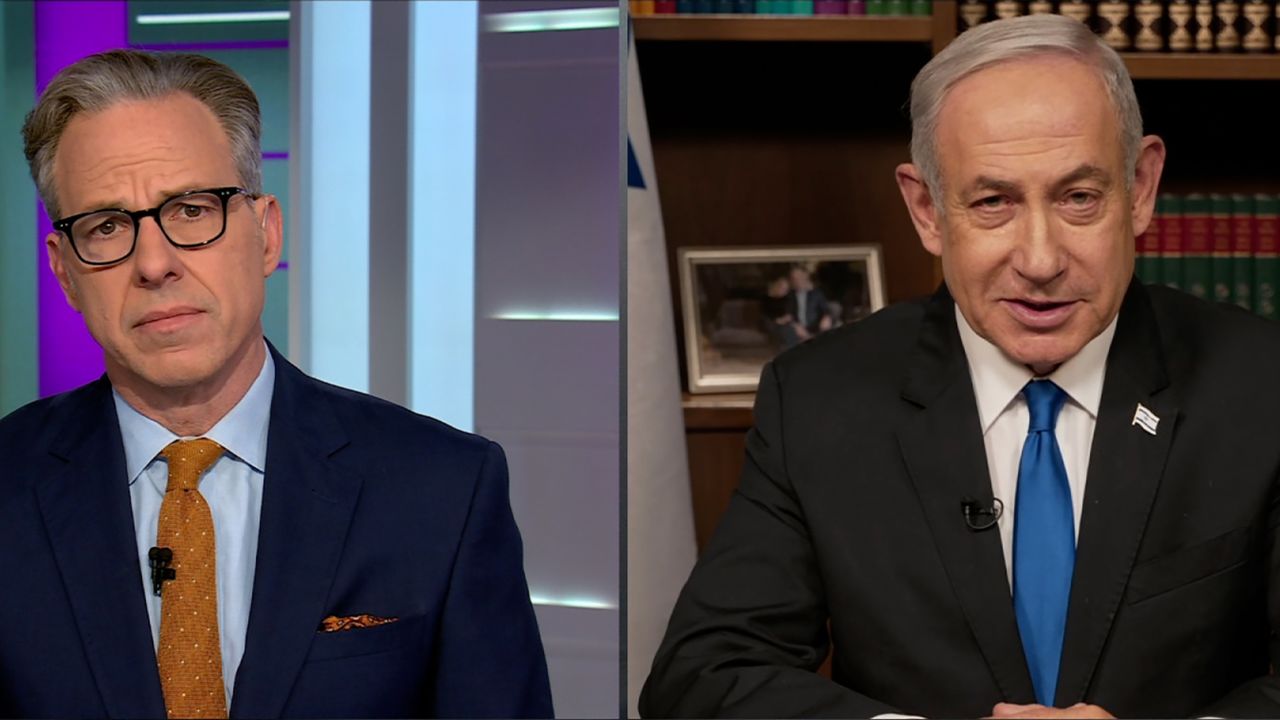Netanyahu Rejects ICC Allegations Amidst Gaza Conflict
Israeli Prime Minister Benjamin Netanyahu has forcefully denied the International Criminal Court (ICC) charges against him, branding them as a "pack of lies" during an interview with CNN's Jake Tapper. The ICC's chief prosecutor, Karim Khan, requested arrest warrants for Netanyahu, Israel's Defense Minister Yoav Gallant, and three Hamas leaders—Yahia Sinwar, Mohammed Diab Ibrahim Al Masri, and Ismail Haniya—citing alleged war crimes and crimes against humanity stemming from the ongoing conflict in Gaza.
ICC's Controversial Arrest Warrants
The ICC charges against Netanyahu and Gallant include accusations of causing extermination and starvation as methods of warfare, deliberately targeting civilians, and blocking humanitarian aid. The court's unprecedented move has ignited a firestorm of international reactions. Human rights groups like Amnesty International have lauded the action as a step towards justice, while Israel's allies, including the United States, have blasted the decision. President Joe Biden called it "outrageous," asserting there is no equivalence between Israel and Hamas. Over 100 member countries of the ICC would be required to detain Netanyahu if he entered their territories, a scenario his allies deem highly improbable.
Ongoing Conflict and Humanitarian Crisis in Gaza
The Gaza Health Ministry has reported over 35,000 Palestinian deaths since the military offensive began in response to Hamas' attacks on October 7, which left 1,200 Israelis dead. Despite international pressure, Israel remains resolute in its military strategy. Defense Minister Gallant has informed US officials of plans to expand operations in Rafah, a city crowded with displaced Palestinians. The siege and frequent bombings have only escalated humanitarian concerns, with thousands still trapped under rubble and a severe lack of essential resources like drinking water and medical supplies.
Netanyahu, facing intense criticism and some calls for resignation back home, has reiterated his commitment to eradicating Hamas and has dismissed any plans for the resettlement of Gaza. Meanwhile, anti-government protests persist in Israel, marked by demands for both a truce to secure the release of hostages and a strategic end to the ongoing conflict. As tensions remain high, the global community watches closely, balancing between calls for humanitarian aid and political maneuvering.
- The ICC, established in 2002, prosecutes individuals for war crimes, crimes against humanity, genocide, and the crime of aggression when member states are unwilling or unable to do so themselves. The court currently conducts 17 investigations, including high-profile cases involving Russian President Vladimir Putin and leaders from various conflict-ridden nations.
- Israel, which is not an ICC member, does not recognize the court's jurisdiction, a stance shared by major powers like the United States, China, and Russia. Palestinian territories, however, were admitted as a member state in 2015. Consequently, the ICC's scope includes any war crimes committed by Hamas fighters in Israel and Israeli forces in Gaza.






